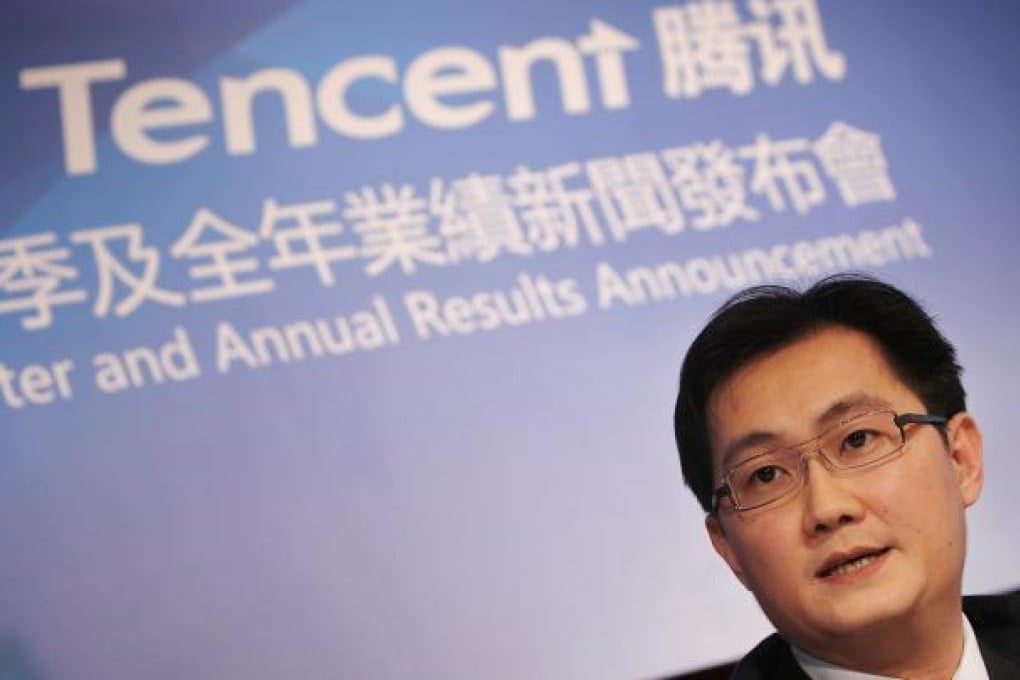Opinion | Tencent E-Commerce: Price Wars II?
Tencent's big new e-commerce push could prolong the sector's state of overheated competition through the end of 2013 or longer.

Industry watchers will know that Tencent is China's biggest Internet company, rising to prominence a decade ago on the strength of its QQ instant messaging platform that it later leveraged to become China's biggest online game company. Tencent generally has a strong execution record, using its large and loyal user base to muscle into other areas of the Internet.
With that in mind, the company formally spun off its relatively small e-commerce unit into a separate business entity back in May as part of a broader reorganization. Since then the unit's chief executive has mentioned a potential future IPO, and now word of this new promotion indicates he is prepared to spend big money to try and grab a bigger slice of China's e-commerce sector. That could be bad news for a space that has been plagued by rampant competition for more than a year now, pushing most players deeply into the red.
The near non-stop price wars came to head in August, when Jingdong and Suning.com (Shenzhen: 002024) launched a series of discounts that later went on to infect much of the sector, with sellers of electronics and household appliances especially hard hit. Adding to the misery are recent e-commerce ramp-ups in China by cash-rich US giants Amazon (Nasdaq: AMZN) and Walmart (NYSE: WMT).

